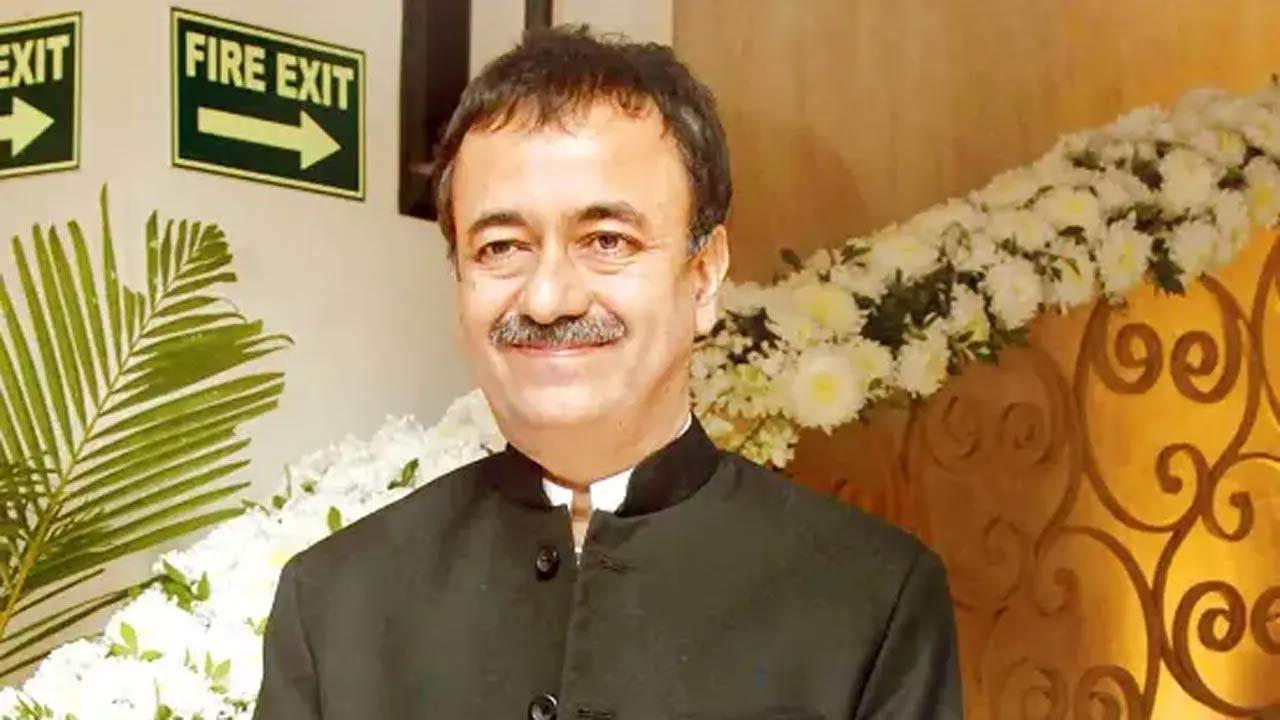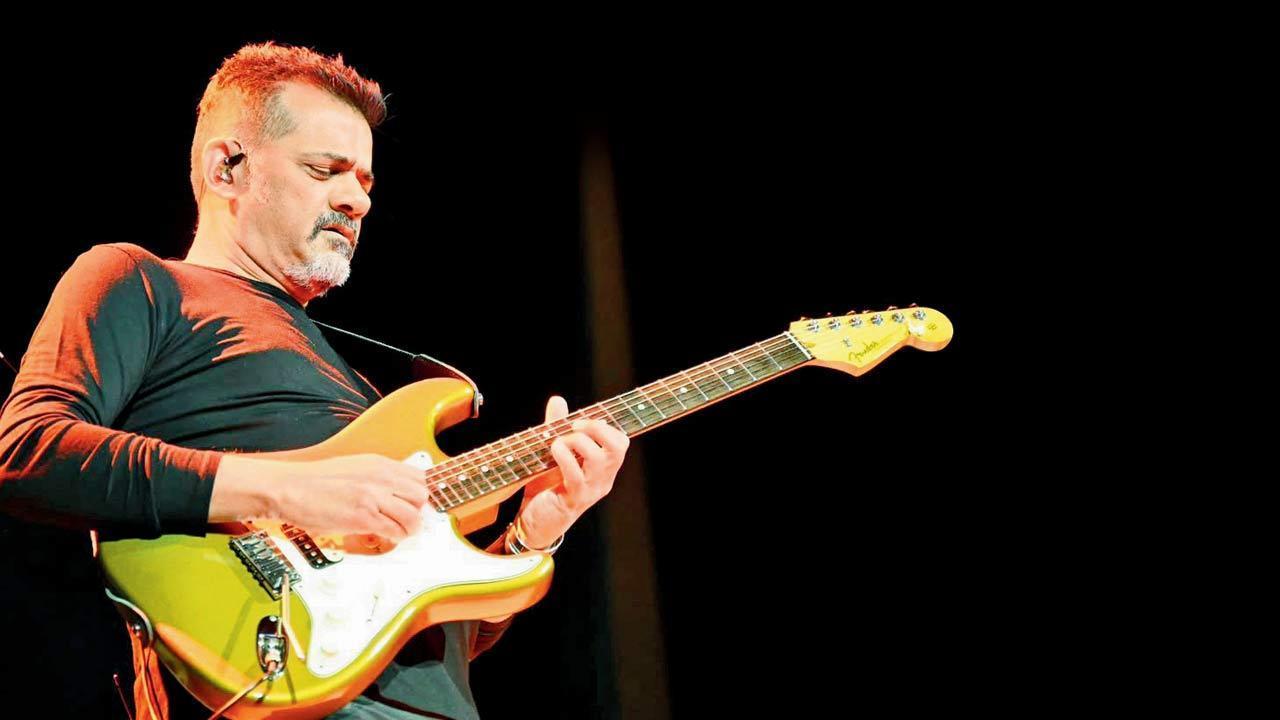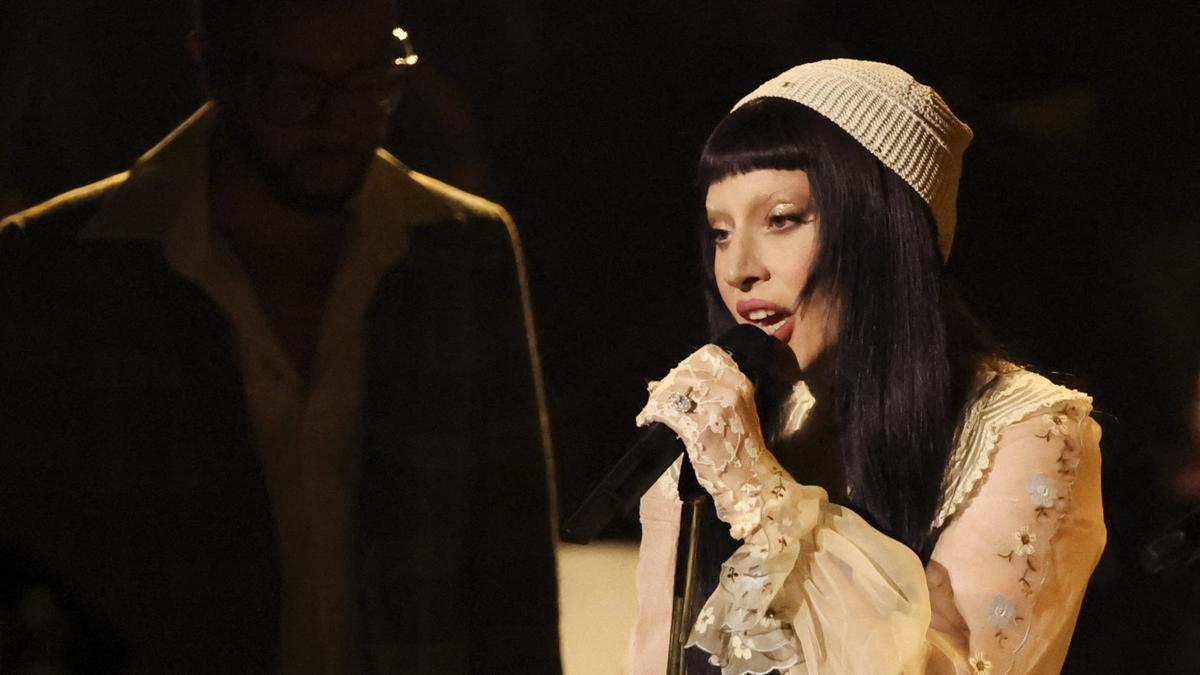
The cricketing world is not just a sphere where the bat meets the ball, but it’s increasingly becoming a stage where athletes voice their beliefs and stand up for causes they deem significant. However, when institutions like the International Cricket Council (ICC) intervene with regulations that seem inexplicably stringent, it leads to a wave of confusion and debate.
Such is the current state of affairs as Australia’s Test skipper, Pat Cummins, has expressed his inability to fathom the reasoning behind the latest decision by the ICC. Teammate Usman Khawaja’s request to feature a “dove carrying an olive branch in its beak” logo on his cricketing gear during the Boxing Day Test was declined by cricket’s governing body, leaving many, including the skipper, questioning the rationale behind this decision.
The poignant logo that Khawaja wished to display is a universal symbol of peace, resonating with the message from Article One of the Universal Declaration of Human Rights stating, “All human beings are born free and equal in dignity and rights. They are endowed with reason and conscience and should act towards one another in a spirit of brotherhood.” Despite its positive connotations, the ICC denied permission, leaving Khawaja and supporters disappointed.
Usman Khawaja has been at the center of the issue since the series commenced. Previously, Khawaja endeavored to communicate a message of equality as he bore “All lives are equal” inscribed on his footwear during the first Test in Perth. Subsequently, he donned a black armband on the field and was admonished by the ICC post-match. This reprimand apparently did not deter Khawaja from making another attempt to express his beliefs—this time by submitting a formal request to include the previously mentioned dove logo on his equipment for the much-awaited 2nd Test. However, like before, his efforts were met with rejection.
With the ICC’s verdict attracting significant attention, captain Pat Cummins shared his bewilderment regarding the contrasting treatment of symbolic emblems. He highlighted that teammate Marnus Labuschagne is permitted to use a representation of an eagle on his bats, which links back to a verse from the holy bible, raising questions as to why a religious symbol is acceptable while one associated with peace is not.
Cummins, quoted by ESPNcricinfo on Christmas Day, communicated his chagrin and support for Khawaja, stating, “We really support Uzzy. I think he’s standing up for what he believes and I think he’s doing it really respectfully.” The message of equality that Khawaja seeks to convey is one that Cummins believes is far from offensive.
Though the skipper recognizes that Khawaja could hold his head high for his respectful approach, he also acknowledges the underlying regulations of cricket’s governing body. “There’s rules in place, so I believe the ICC have said they’re not going to approve that. They make up the rules and you’ve got to accept it,” he remarked, illustrating the pressing adherence to the game’s legal framework despite personal viewpoints.
The issue has sparked a conversation regarding the space for personal expression within the sport and the boundaries drawn by regulatory authorities. The dilemma poses a significant question: at what point do regulatory bodies cross the line into stifling individual voices, especially when those voices reach out for no more than to advocate peace and equality?
While the ICC has remained steadfast in implementing its rules, the incident underscores a broader discourse on the place of humanitarian values in sport. As cricket continues to evolve, so does the role of individuals who do not shy away from standing for principles that may extend beyond the cricket field.
The focus may return to the game once the first ball is bowled at the Melbourne Cricket Ground, but the echoes of this decision will linger, inviting fans and players alike to ponder the complexities of governance, expression, and the values we hold dear in the realm of sport.










